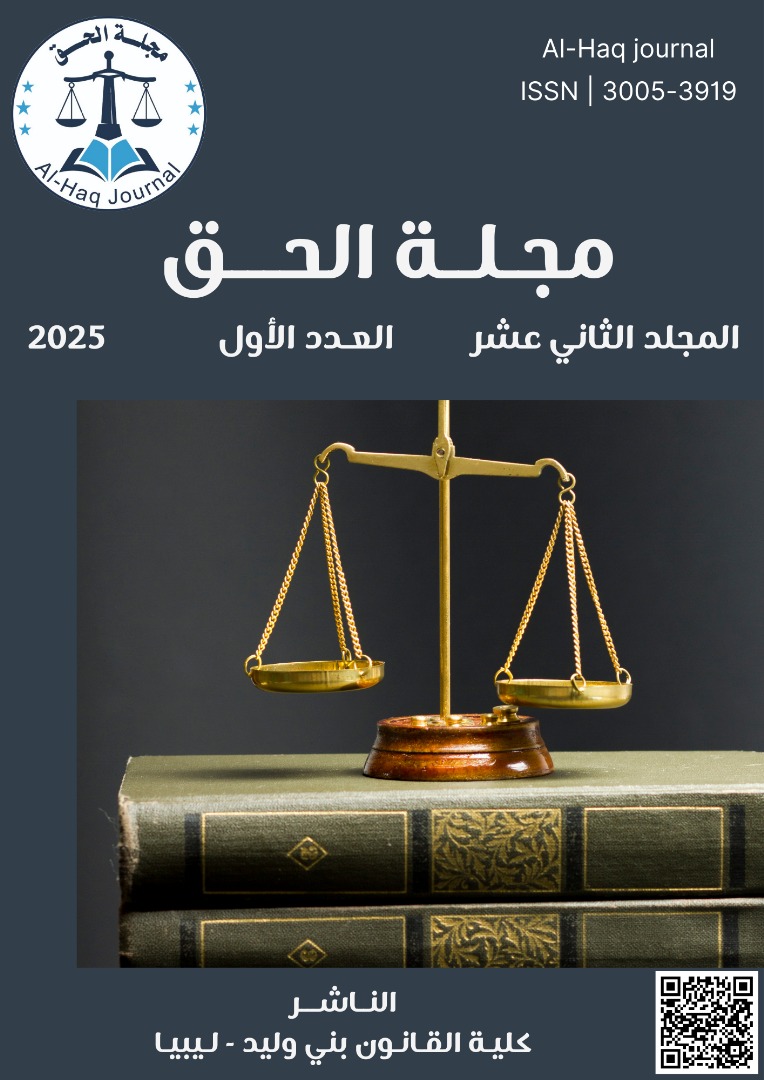Towards a New Theory of Civil Liability in the Context of Artificial Intelligence Systems and the Challenges of Reforming the Traditional Theory
DOI:
https://doi.org/10.58916/alhaq.v12i1.408Keywords:
Civil liability, artificial intelligence, traditional theory, compensation, legislative reformAbstract
Contemporary legal reality is facing increasing challenges due to the rapid development of artificial intelligence technologies. It has become difficult for traditional civil liability theories to respond to developments in this field. Liability based on fault or mere damage faces fundamental shortcomings when attempting to determine who bears the responsibility for damages resulting from autonomous intelligent systems capable of making decisions without direct human intervention. This study seeks to explore the dimensions of this shortcoming and highlight the need to develop a new theory of civil liability that is more suited to technological development. It focuses on a comprehensive approach that balances protecting the injured party, on the one hand, and encouraging innovation and ensuring continued investment in artificial intelligence technologies, on the other. Among the proposed solutions are: adopting mandatory insurance, establishing special compensation funds, and developing a legal framework that grants certain intelligent systems limited legal personality within a narrow scope. The study concludes that reforming traditional theory is no longer an option, but rather an urgent legal and legislative necessity, while calling for international cooperation to establish unified rules governing civil liability in the age of artificial intelligence.
Downloads
Downloads
Published
Issue
Section
License

This work is licensed under a Creative Commons Attribution-NonCommercial 4.0 International License.









